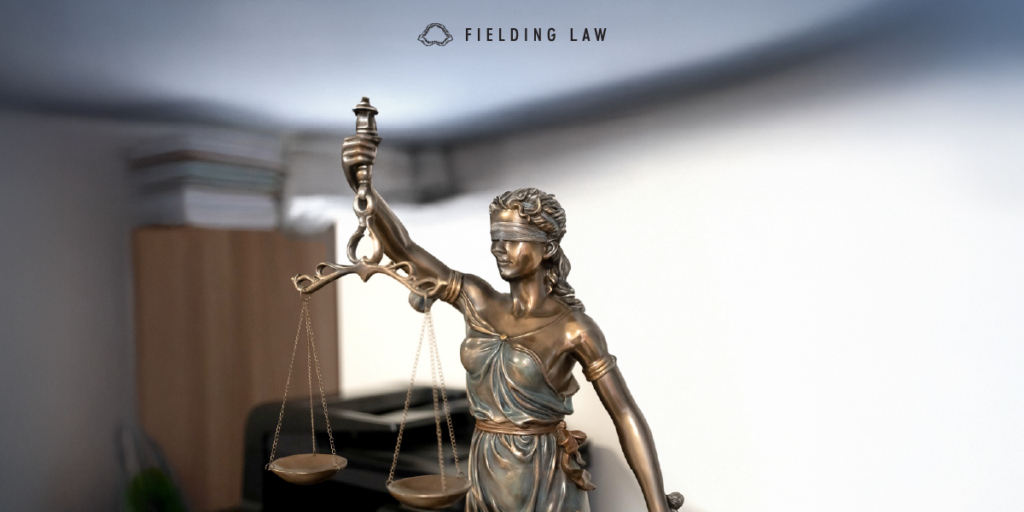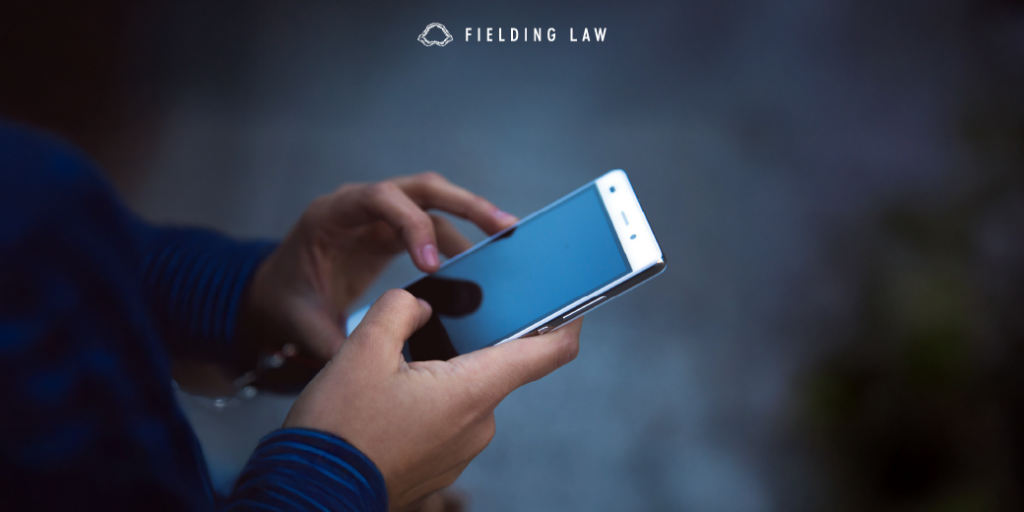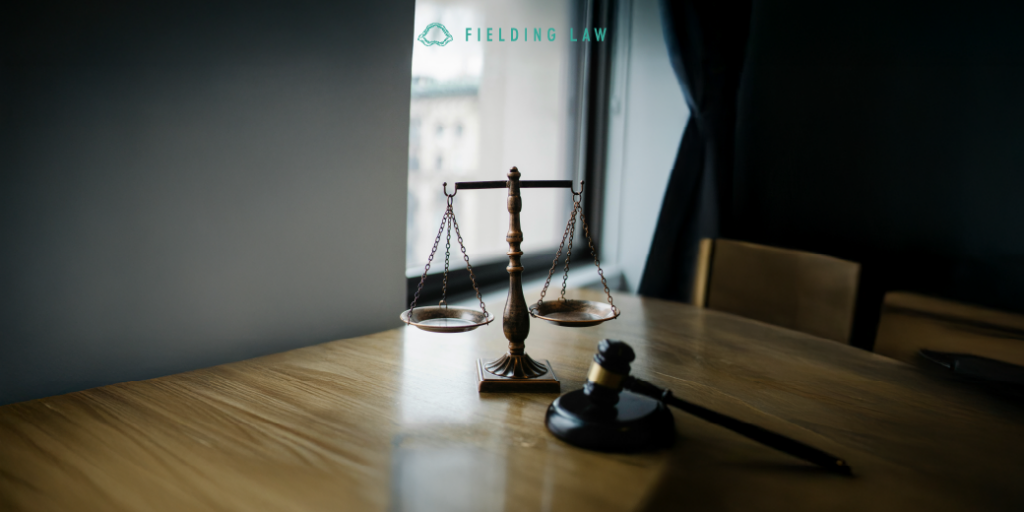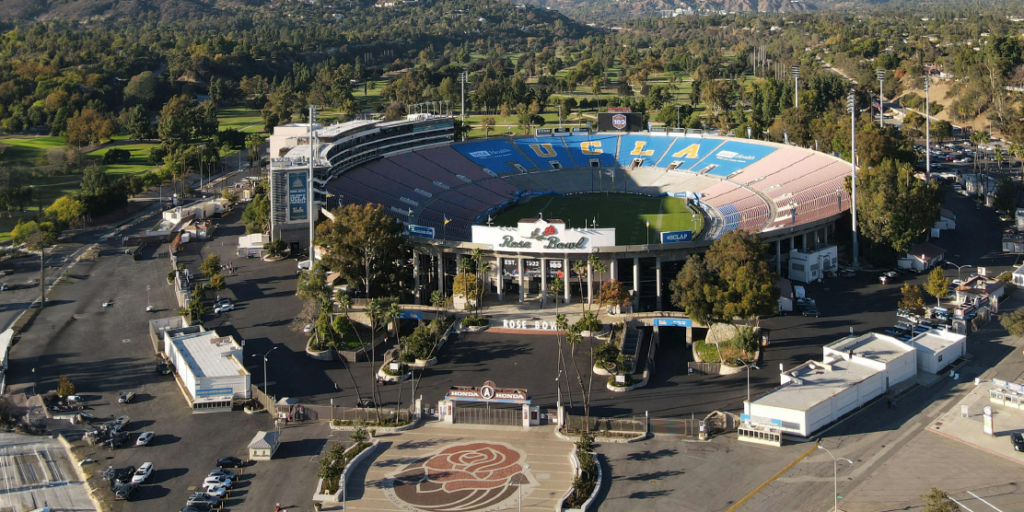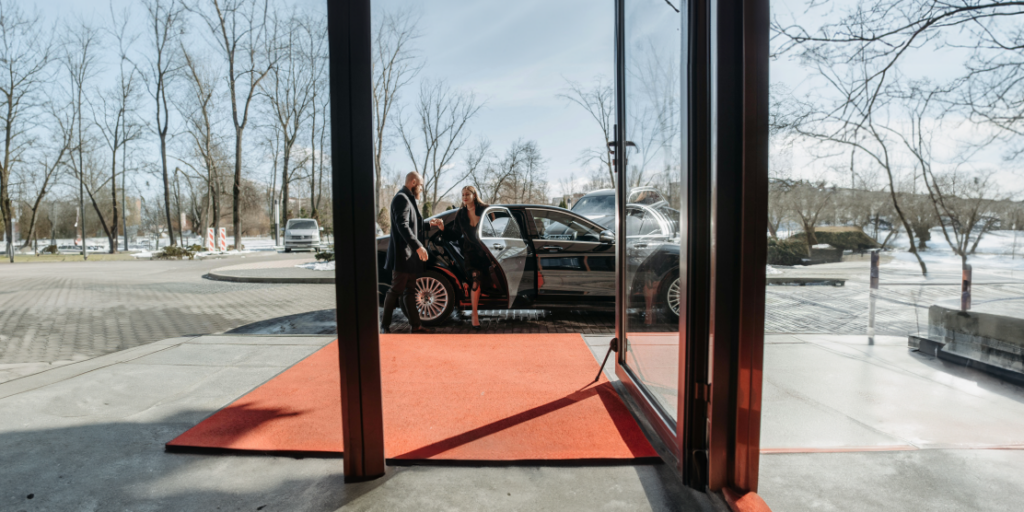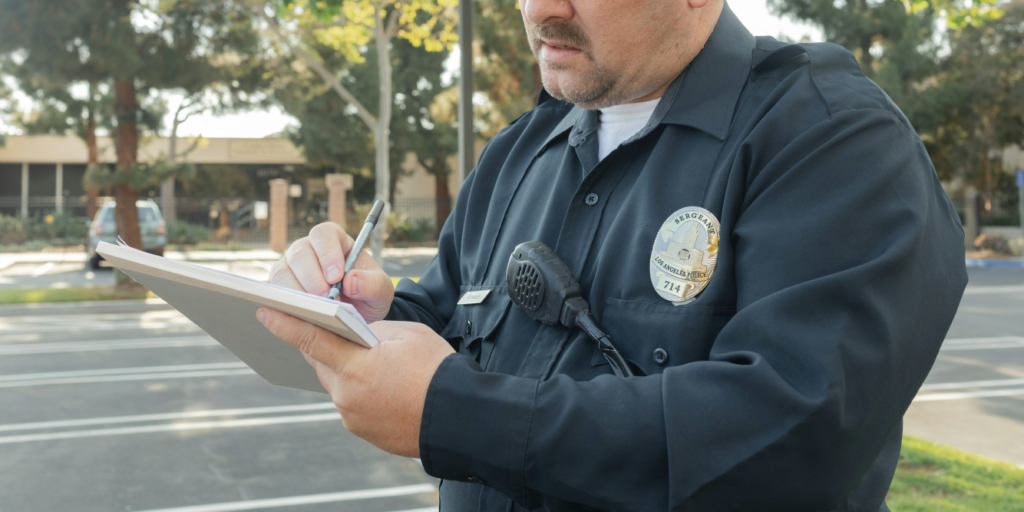
What Happens If a Delivery Driver Hits You?
Delivery drivers from companies like Amazon, Uber Eats, and DoorDash are constantly on the road, making fast deliveries to meet customer demands. Unfortunately, this increase in traffic also leads to a higher risk of accidents. If you have been hit by a delivery driver, you may be wondering who is liable and how you can seek compensation.
Who Is Responsible If a Delivery Driver Hits Me?
Liability in a delivery driver accident depends on several factors, including the driver’s employment status and whether they were on duty at the time of the crash. In many cases, liability could fall on:
- The delivery driver – If the driver was negligent, such as running a red light or speeding, they could be personally liable.
- The delivery company – Some companies provide insurance coverage for their drivers while they are working.
- A third party – If another driver or hazardous road conditions contributed to the crash, liability may be shared.
Does Amazon Cover Accidents Caused by Its Delivery Drivers?
Amazon has different types of drivers, which impacts liability:
- Amazon Flex Drivers – These drivers are considered independent contractors and use their own vehicles. Amazon provides liability coverage when they are actively making deliveries.
- Amazon DSP (Delivery Service Partner) Drivers – These drivers work for third-party companies that contract with Amazon. In these cases, the DSP company may be responsible for the accident.
If an Amazon driver was off the clock at the time of the accident, their personal auto insurance would likely apply.
What If an Uber Eats or DoorDash Driver Hits Me?
Food delivery drivers for Uber Eats and DoorDash use their personal vehicles, but both companies offer insurance coverage in certain situations:
- Waiting for an Order: The driver’s personal insurance applies unless they have a special rideshare or delivery insurance policy.
- En Route to Pick Up or Deliver Food: The company’s liability insurance may provide coverage, typically up to $1 million in damages.
If the delivery driver was off-duty, only their personal insurance would apply.
What Damages Can I Recover After a Delivery Driver Accident?
If a delivery driver caused your accident, you may be entitled to compensation for:
- Medical bills
- Lost wages
- Vehicle repairs
- Pain and suffering
- Emotional distress
The amount of compensation will depend on the severity of your injuries and the insurance policies involved.
Why Hire Fielding Law?
At Fielding Law, we understand the complexities of delivery driver accidents. Determining liability can be challenging, especially when large companies like Amazon, Uber Eats, and DoorDash are involved. Our team is dedicated to helping you seek the compensation you deserve.
If you have been injured in a delivery driver accident, contact Fielding Law at 833.88.SHARK for a free consultation.
Note: Information provided is for educational purposes and does not constitute legal advice. Always consult with a qualified attorney for legal concerns.

